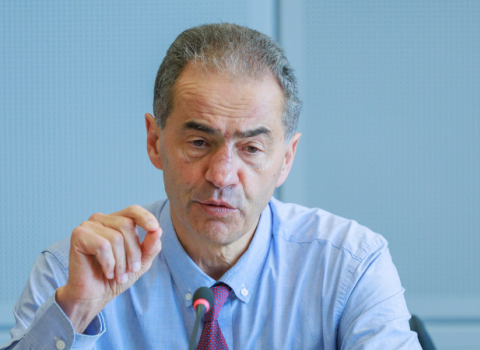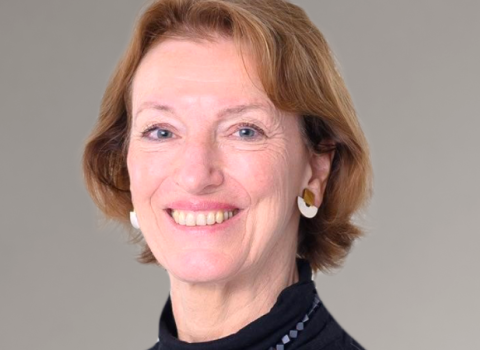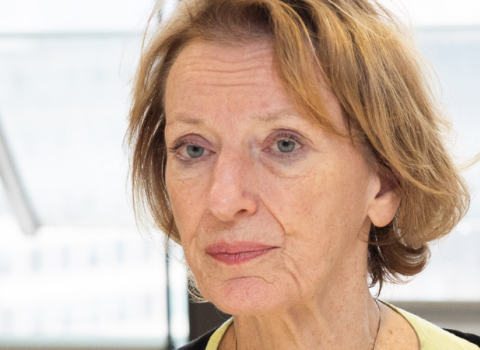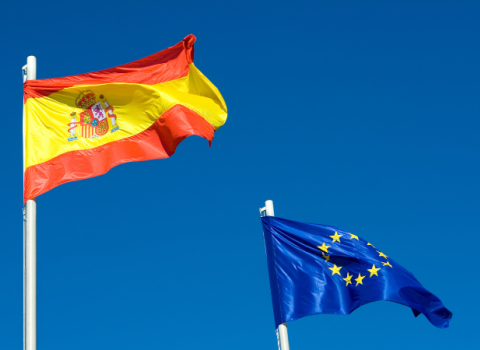The UK was the biggest winner in the latest round of consolidator grants awarded by the European Research Council (ERC) on Tuesday, with 58 of the 314 grant winners choosing to carry out their research in UK institutions.
However, the applications where submitted in February, when the Brexit referendum was still a dot on the horizon, which makes this week’s announcement a bittersweet one for the 34 non-UK EU nationals (the other 24 are British-born) who picked UK host institutes. Nobody knows what their status will be once the country’s divorce from the EU has taken place, which could be as early as 2019.
The UK government has pledged to underwrite funding for EU research projects that are ongoing at the point of Brexit, but there have been no reassurances made to non-British EU scientists.
“Although I moved to the UK in summer 2015, I am not sure I would have done so had I known about Brexit,” said Kalina Manova, associate professor in the department of economics at Oxford University, who won an ERC grant for research into global value chains.
Nevertheless, Manova said she is “committed to making the most of it”, a line sometimes heard from British politicians in reference to Brexit. The ERC grant “is a terrific opportunity for any research scholar,” she added.
Marco Peccianti, a physicist at Sussex University, moved to the UK three years ago and built up a research group before applying for an ERC grant. “Brexit made me pause. I do have some concerns,” he said. “In terms of a real effect on the fabric of the academic and industry research, the situation is very complex. Brexit is now all about limiting losses.”
Although he could hardly have anticipated the UK would vote to leave, it might not have affected his decision anyway. “My host institution supported me in ways difficult to find in other places,” he said.
Other ERC winners share similar stories.
“Regardless of any ‘Brexiety’ – a term which I just invented for the anxiety caused by the uncertainties of Brexit – I think that I made the right choice to move from Max Planck Institute,” said Roberto Rinaldi, a senior lecturer in the faculty of engineering at Imperial College London.
“Imperial College and London will always remain open and European. As the Thames always finds its way to the North Sea, we will also find ways for us to continue scientific partnerships,” he said.
For others, there is the sense that Brexit barely registers. Many of the latest crop of winners who have chosen British host institutes have already put down firm roots in the country.
“I have been living in the UK since 1993 and my husband is English,” said Cristina Dondi, a senior research fellow in the humanities at Oxford University. Similarly Christopher Petkov, a neuropsychologist at Newcastle University Medical School, said he has been in the UK for nine years.
At least officially, the ERC is also unmoved by Brexit. “It is too early to consider the future impact of Brexit on funding,” said ERC spokesman Marcin Monko. “This will be addressed in due course and for the time being, nothing changes.”





 A unique international forum for public research organisations and companies to connect their external engagement with strategic interests around their R&D system.
A unique international forum for public research organisations and companies to connect their external engagement with strategic interests around their R&D system.